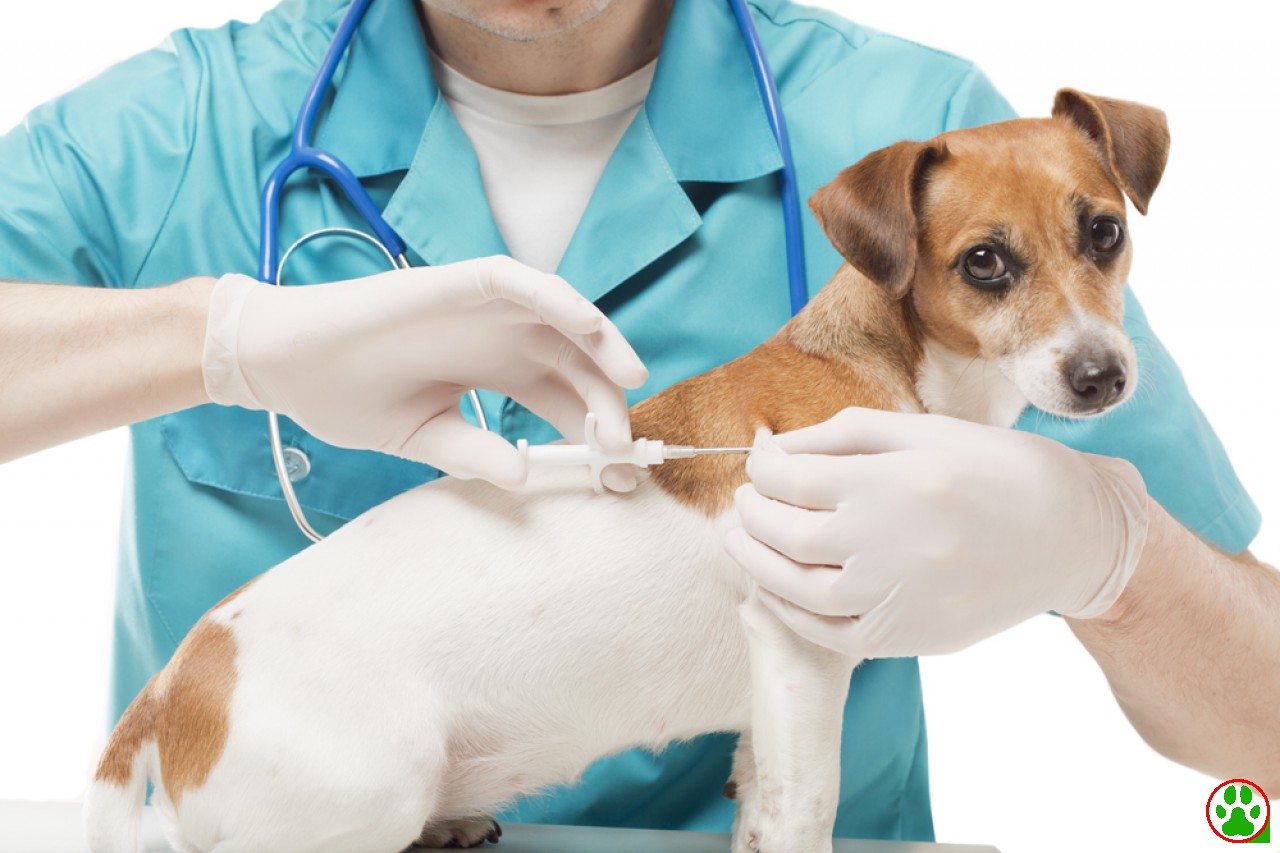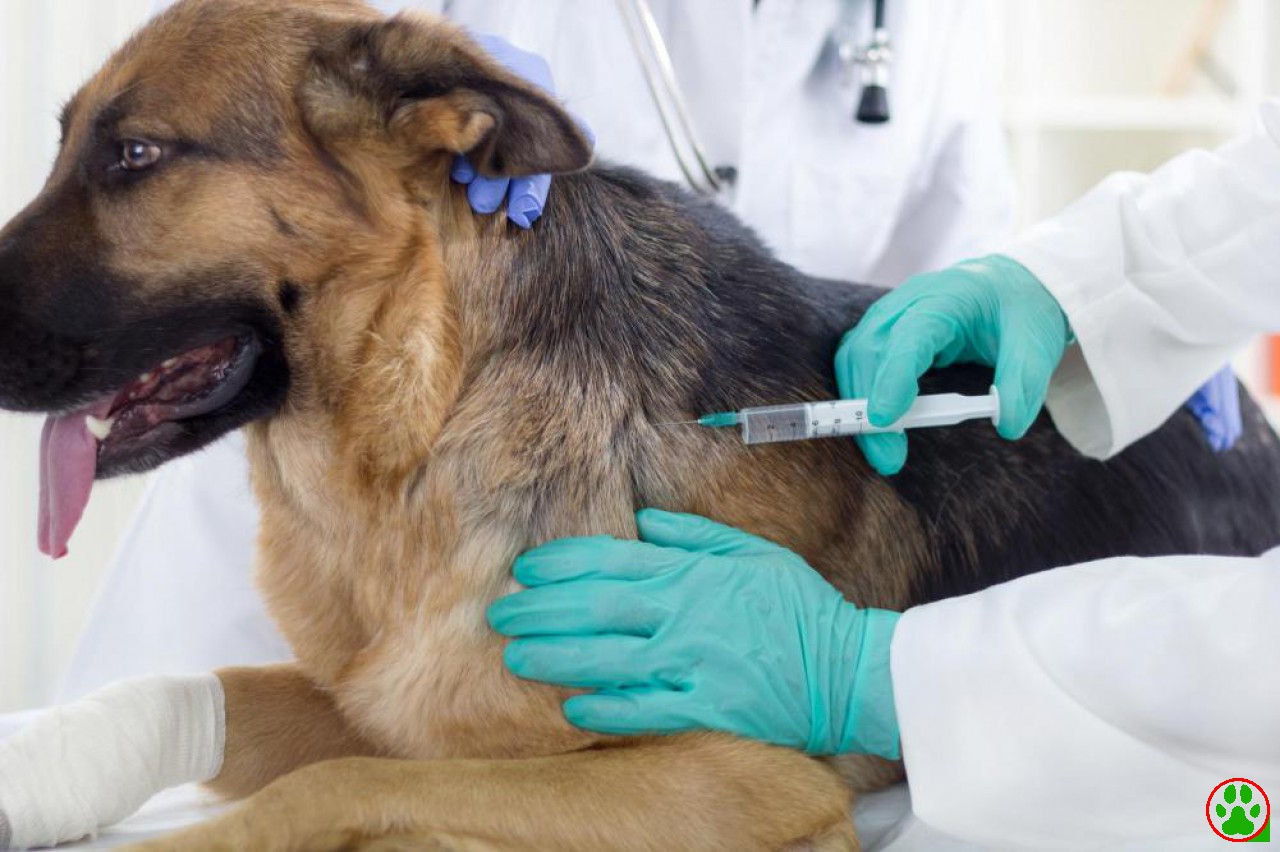
Vaccination of animals and its necessity
Vaccination of animals and its necessity
What are vaccines, and why do they matter?
Vaccines are products designed to trigger protective immune responses and prepare the immune system to fight future infections from disease-causing agents. Vaccines stimulate the immune system's production of antibodies that identify and destroy disease-causing organisms that enter the body.
Vaccines provide immunity against one or several diseases that can lessen the severity or prevent certain diseases altogether.
Experts agree that widespread use of vaccinations within the last century has prevented death and disease in millions of animals. Vaccinations protect your pet from highly contagious and deadly diseases and improve your pet's overall quality of life.
5 reasons to vaccinate your pet
- Vaccinations prevent many pet illnesses.
- Vaccinations can help avoid costly treatments for diseases that can be prevented.
- Vaccinations prevent diseases that can be passed between animals and also from animals to people.
- Diseases prevalent in wildlife, such as rabies and distemper, can infect unvaccinated pets.
- In many areas, local or state ordinances require certain vaccinations of household pets.
Do vaccinations ensure protection?
For most pets, vaccination is effective in preventing future disease or decreasing the severity clinical signs. It is important to follow the vaccination schedule provided by your veterinarian to reduce the possibility of a gap in protection.
Are there risks to vaccinating my pet?
Any type of medical treatment has associated risks, but the risk should be weighed against the benefits of protecting your pet, your family and your community from potentially fatal diseases. The majority of pets respond well to vaccines.
The most common adverse responses to vaccination are mild and short-term. Serious reactions are rare. An uncommon but serious adverse reaction that can occur in cats is tumor growth (sarcomas), which can develop weeks, months, or even years after a vaccination. Improvements in vaccination technology and technique have greatly reduced the occurrence of sarcomas.
Why do puppies and kittens require a series of vaccinations?
Very young animals are highly susceptible to infectious disease because their immune system is not yet fully mature. They receive protection through antibodies in their mother's milk, but the protection is not long-lasting and there may be gaps in protection as the milk antibodies decrease and their immune system is still maturing. Maternal antibodies can also interfere with a puppy’s or kitten’s vaccine response, so a series of vaccines is typically recommended to ensure that the puppy or kitten receives a vaccine as early as possible after maternal antibodies subside.
In many instances, the first dose of a vaccine serves to prime the animal's immune system against the virus or bacteria while subsequent doses help further stimulate the immune system to produce the important antibodies needed for long-term protection.
Finish the series
An incomplete series of vaccinations may lead to incomplete protection, making puppies and kittens vulnerable to infection.
To provide optimal protection against disease in the first few months of life, a series of vaccinations are scheduled, usually 3-4 weeks apart. For most puppies and kittens, the final vaccination in the series is administered at about 4 months of age; however, a veterinarian may alter the schedule based on an individual animal's risk factors.
Which vaccinations should my pet receive?
"Core" vaccines are recommended for most pets in a particular area or geographical location because they protect from diseases most common in that area. "Non-core" vaccinations are for individual pets with unique needs. Your veterinarian will consider your pet's risk of exposure to a variety of preventable diseases in order to customize a vaccination program for optimal protection throughout your pet's life.
Talk with your veterinarian about your pet's lifestyle, including any expected travel to other geographical locations and/or contact with other pets or wild animals, since these factors impact your pet's risk of exposure to certain diseases.
How often will my pet need to be vaccinated?
Many vaccinations provide adequate immunity when administered every few years, while others require more frequent schedules to maintain an acceptable level of immunity that will continually protect your pet. Your veterinarian will determine a vaccination schedule that's appropriate for your pet.
What are antibody titers, and do they replace vaccinations?
Antibody titers are blood tests that measure the amount of antibodies in the blood. While antibody titers do not replace vaccination programs, they may help your veterinarian determine if your pet has a reasonable expectation of protection against disease.
Many factors are taken into consideration when establishing a pet's vaccination plan. Your veterinarian will tailor a program of vaccinations and preventive health care that will help your pet maintain a lifetime of infectious disease protection.
Do vaccinations have side effects?
It is common for pets to experience some or all of the following mild side effects after receiving a vaccine, usually starting within hours of the vaccination. If these side effects last for more than a day or two, or cause your pet significant discomfort, it is important for you to contact your veterinarian:
- Discomfort and local swelling at the vaccination site
- Mild fever
- Decreased appetite and activity
- Sneezing, mild coughing, "snotty nose" or other respiratory signs may occur 2-5 days after your pet receives an intranasal vaccine
More serious, but less common side effects, such as allergic reactions, may occur within minutes to hours after vaccination. These reactions can be life-threatening and are medical emergencies. Seek veterinary care immediately if any of these signs develop:
- Persistent vomiting or diarrhea
- Itchy skin that may seem bumpy ("hives")
- Swelling of the muzzle and around the face, neck, or eyes
- Severe coughing or difficulty breathing
- Collapse
- A small, firm swelling under the skin may develop at the site of a recent vaccination. It should start to disappear within a couple weeks. If it persists more than three weeks, or seems to be getting larger, you should contact your veterinarian.
Always inform your veterinarian if your pet has had prior reactions to any vaccine or medication. If in doubt, wait for 30-60 minutes following vaccination before taking your pet home.
source : avma


